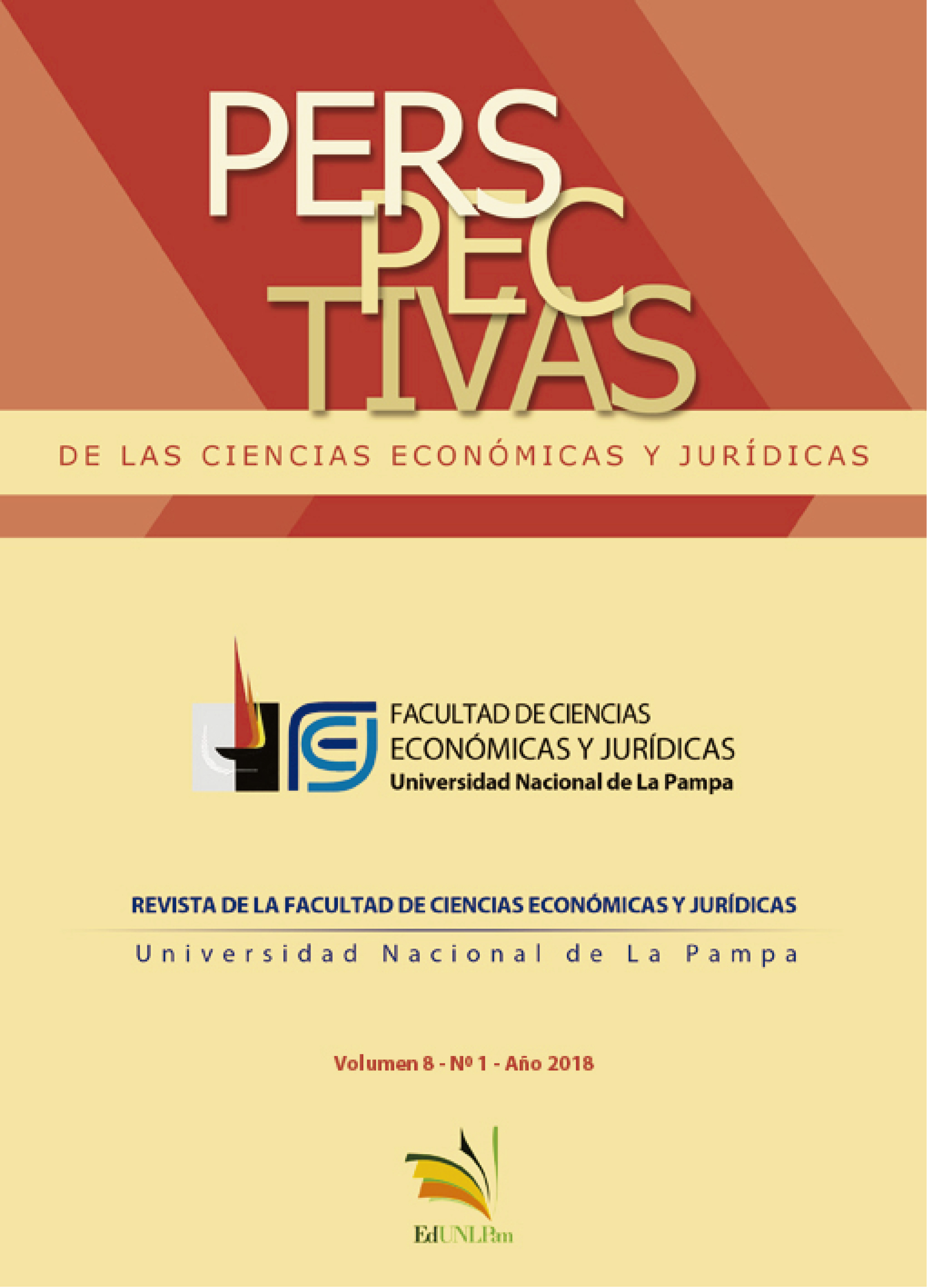DOUBLING THE ELECTIONS: A REIVINDICATION OF FEDERALISM
DOI:
https://doi.org/10.19137/perspectivas-2018-v8n1a03Keywords:
provincial political autonomy, electoral federalismAbstract
This article will focus on the analysis of one of the most controversial points of the autonomies of the Argentine provinces referred to institutional political autonomy, specifically the possibility of establishing the provinces their own electoral timetable and thus be constituted in what I call ‘the judge of his own choices’. For this, a synthetic analysis of the jurisprudence of our Supreme Court of Justice referred to the control of constitutionality that is carried out on the provincial electoral processes is carried out, presenting the most relevant cases and the most recent ones that reveal, to understand this author, an apparent contradiction with their recognition of the authority of the provinces to become the decision-maker of their electoral processes. The conclusions raise two major questions: what are the principles of the federal system that the provinces must ensure, and whether the Supreme Court of Justice is the custodian of the principles of federal order regardless of the local estates. The response to them will allow us to advance in the recognition of the full autonomy of the provinces that the National Constitution assures them.Downloads
Download data is not yet available.
Downloads
Published
2018-05-28
Issue
Section
Investigación científica
License
Aquellos autores/as que tengan publicaciones con esta revista, aceptan los términos siguientes:- Los autores/as conservarán sus derechos de autor y garantizarán a la revista el derecho de primera publicación de su obra, el cuál estará simultáneamente sujeto a la Licencia de reconocimiento de Creative Commons que permite a terceros compartir la obra siempre que se indique su autor y su primera publicación esta revista.
- Los autores/as podrán adoptar otros acuerdos de licencia no exclusiva de distribución de la versión de la obra publicada (p. ej.: depositarla en un archivo telemático institucional o publicarla en un volumen monográfico) siempre que se indique la publicación inicial en esta revista.
- Se permite y recomienda a los autores/as difundir su obra a través de Internet (p. ej.: en archivos telemáticos institucionales o en su página web) antes y durante el proceso de envío, lo cual puede producir intercambios interesantes y aumentar las citas de la obra publicada. (Véase El efecto del acceso abierto).











.png)



5.jpg)












